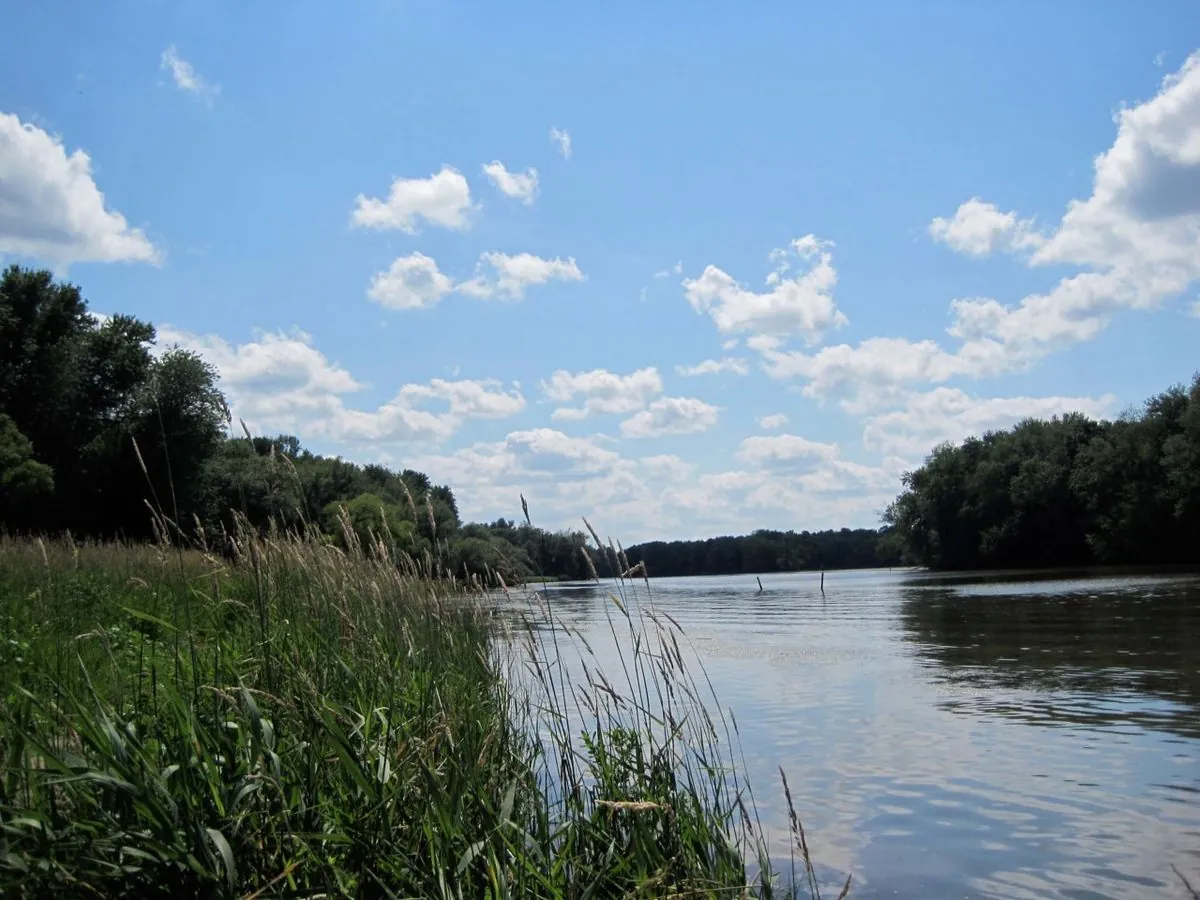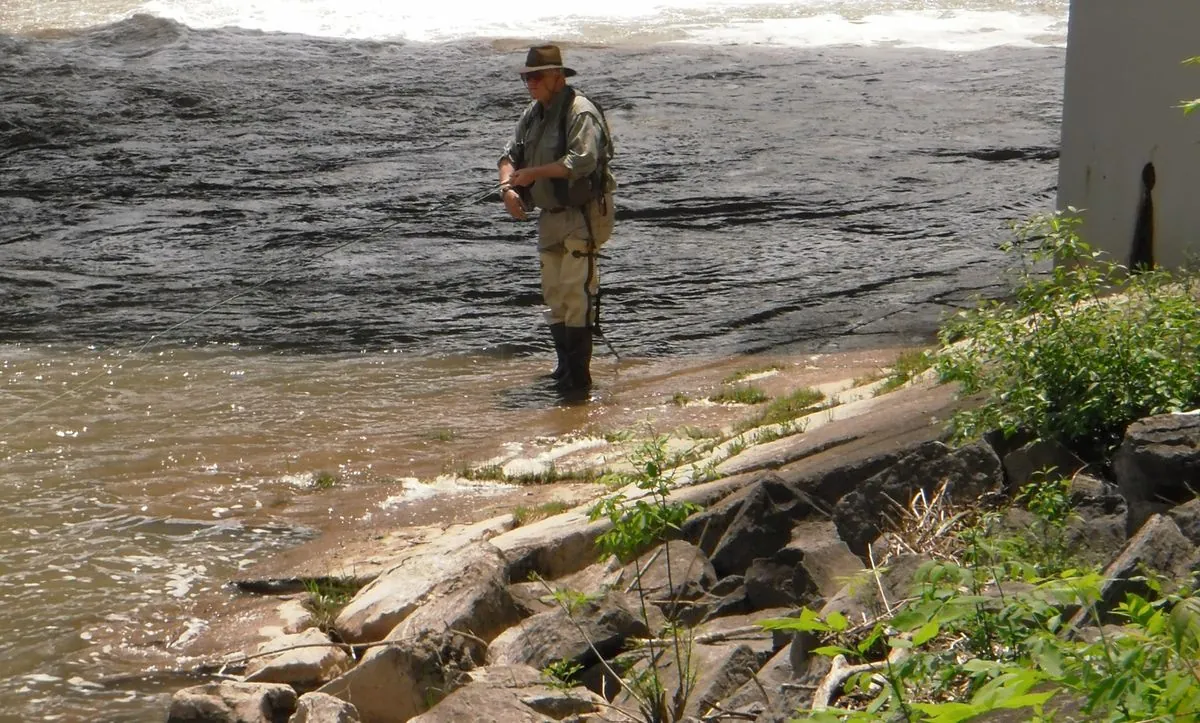Onondaga Nation Reclaims 1,000 Acres of Ancestral Land in New York
The Onondaga Nation has regained 1,000 acres of ancestral land in upstate New York through a federal settlement. This marks a small but significant step in their ongoing land rights struggle.

The Onondaga Nation, one of the original five nations of the Iroquois Confederacy, has recently reclaimed 1,000 acres of its ancestral territory in upstate New York. This land transfer, while modest in comparison to their historical claims, represents a significant milestone in the ongoing struggle for indigenous land rights.
The recovered area, located south of Syracuse, includes crucial headwaters of Onondaga Creek and is adjacent to the nation's federally recognized territory. This forested land was transferred as part of a federal Superfund settlement addressing environmental contamination issues.
Sid Hill, the Tadodaho or chief of the Onondaga Nation, expressed gratitude for this development, stating:
"This is a small but important step for us, and for the Indigenous land back movement across the United States."
The Onondaga people, known as the "Keepers of the Central Fire" in the Iroquois Confederacy, have a rich cultural heritage and a long history of environmental stewardship. Their traditional territory in central New York state once encompassed approximately 2.5 million acres. However, since 1788, the nation claims that New York state has unjustly acquired this land through questionable means that violated treaties and federal law.

The Onondaga Nation, which practices a traditional form of government based on clan mothers and chiefs, has been actively pursuing its land rights through various legal channels. After facing setbacks in U.S. courts, the nation has taken its case to the Inter-American Commission on Human Rights, part of the Organization of American States.
This international approach reflects the Onondaga Nation's commitment to promoting indigenous rights on a global scale. The nation hopes that this case will catalyze negotiations potentially leading to the return of additional lands within a roughly 40-mile-wide strip running through central New York from Canada to Pennsylvania.
The Onondaga people maintain a strong connection to their ancestral lands, which play a crucial role in their cultural practices and traditional economy based on agriculture and hunting. The nation operates its own school system, teaching the Onondaga language and culture to preserve their heritage for future generations.
In addition to land rights, the Onondaga Nation has been actively involved in environmental conservation efforts, including initiatives to clean up Onondaga Lake. This commitment to environmental stewardship aligns with their traditional values and the nation's role as custodians of the land.
The recent land transfer, while a small fraction of their historical territory, represents a positive step in the complex relationship between indigenous nations and the United States government. It underscores the ongoing challenges faced by Native American communities in reclaiming their ancestral lands and preserving their cultural heritage.
As the Onondaga Nation continues its legal and diplomatic efforts, this development serves as a reminder of the importance of addressing historical injustices and working towards equitable solutions in land rights disputes. The nation's perseverance in this struggle reflects the broader movement for indigenous rights and recognition across the Americas.


































